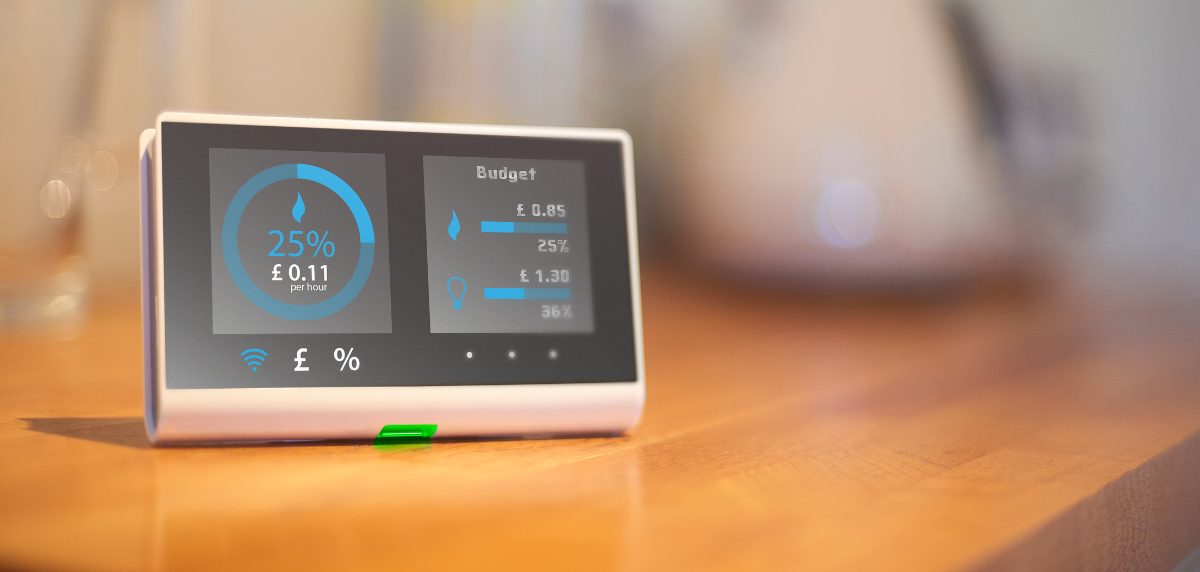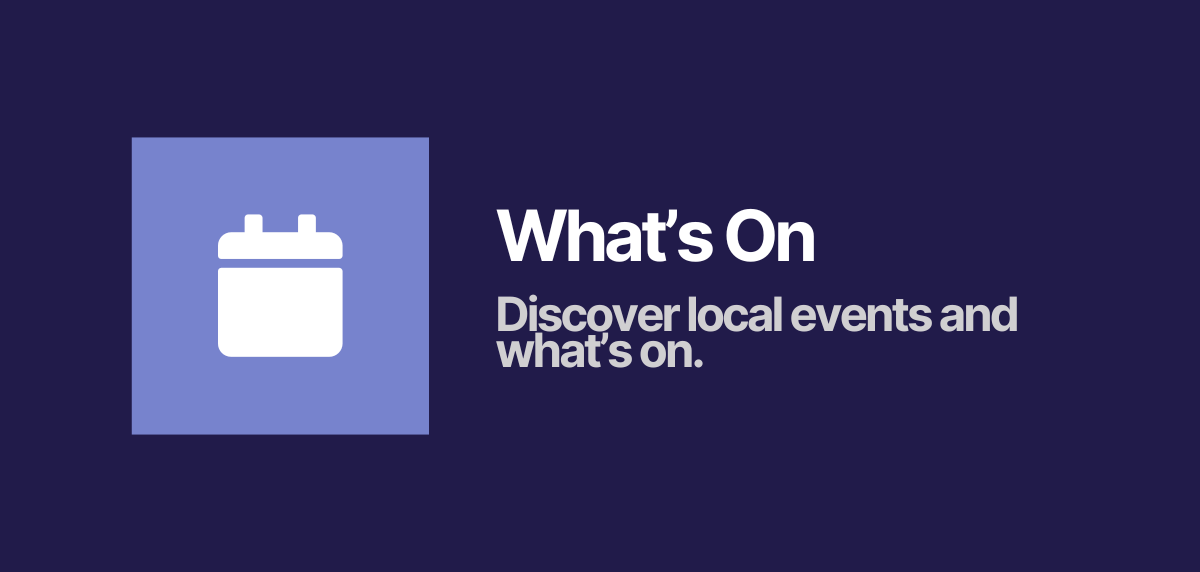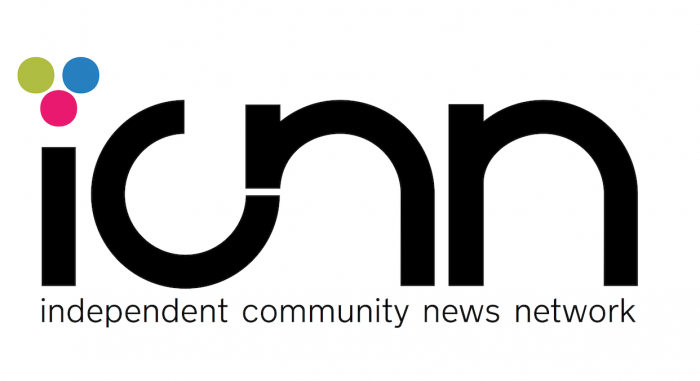100,000 households in Wales have no money left after bills have been paid
New research carried out by Citizens Advice Cymru shows one hundred thousand households in Wales have no money left after bills have been paid.
3 years ago 2 minutes read 1,674 views
By Nation Cymru
New research carried out by Citizens Advice Cymru shows one hundred thousand households in Wales have no money left after bills have been paid.
Polling also reveals a third of people anticipate needing to cut back on accessing advice, services and utilities online to make ends meet as the cost of living continues to bite.
Other Trending Stories
The latest inflation figures from the Office for National Statistics (ONS) published this morning revealed Consumer Prices Index (CPI) inflation rose to 9.4% in June, up from 9.1% in May, as food and fuel costs continue to soar.
Energy prices are expected to rocket again in just over three months when the energy price cap is predicted to rise again to £3,244 for an average annual household bill.
The polling which forms part of a new briefing by Citizens Advice Cymru to be unveiled to Welsh employers tomorrow also reveals.
- 33% of people in Wales anticipate needing to cut down or stop spending on broadband in the next 6 months
- 100,000 households (8%) are already living on a ‘negative budget’ – left with £0 or less for food and other costs after paying for housing and other recurring bills
- Since March, Citizens Advice has helped more than 2,000 people in Wales access fuel vouchers and 7,700 people with food bank referrals
Payday
Luke Young, Head of Policy and Campaigns for Citizens Advice Cymru said:
“Many households are barely making it to payday with enough left for essentials.
“Record numbers are accessing our services for food and fuel crisis support.
“We cannot lose sight of the potential damage lack of access to mobile and broadband services could cause. Access to the internet is crucial for so much in everyday life. It’s used to help buy food, manage bills, book appointments, and help children with their learning. It is a modern day essential.
“Our new research shows that for some people disconnecting broadband and mobile is one way to reduce costs.
We have real concerns it will cut off access to important online advice, banking and public services.
“This is no time for people to be isolated from the world. We must do what we can to ensure access to advice and support services – public-facing businesses have an important role to play.”
The inflation figures published today are the highest level since February 1982.
The ONS data also revealed that the cost of motor fuels jumped by 42.3% in the 12 months to June – the biggest leap since records began.
Average petrol prices stood at 184p a litre last month, up 18.1p since May alone, while diesel raced 12.7p higher to 192.4p a litre, which was also a record.
People are also being hit by sharply higher grocery bills, with food and non-alcoholic drink prices having risen by 9.8% in the year to June 2022 – the highest rate since March 2009.
Food prices lifted 1.2% month on month in June, which follows similar increases in April and May as higher cost pressures and the impact of the Ukraine war filter down to the supermarket shelves.
The ONS said the largest upward effect came from essentials such as milk, cheese and eggs, but big price rises were also seen for vegetables, meat and other food products, such as ready meals.
It comes on top of eye-watering gas and electricity tariff increases, with the annual inflation rate standing at a record 70.2% and with further rises to come.
Ofcom’s next review of the energy price cap is expected to push inflation above 11% in the autumn.
You've viewed 1 stories so far!
All About Newtown is an independent not-for-profit online news and information service for the town of Newtown in Mid Wales. We provide ad-free content, so rely on reader subscriptions and donations to run.
Donate via PayPalRelated or similar stories based on this one
Business of the Week
Follow us
Trending
Donate to us
We're a not-for-profit community interest company and have no corporate owners. We'd appreciate anything you can give to keep us providing free content.
Donate via PayPal
